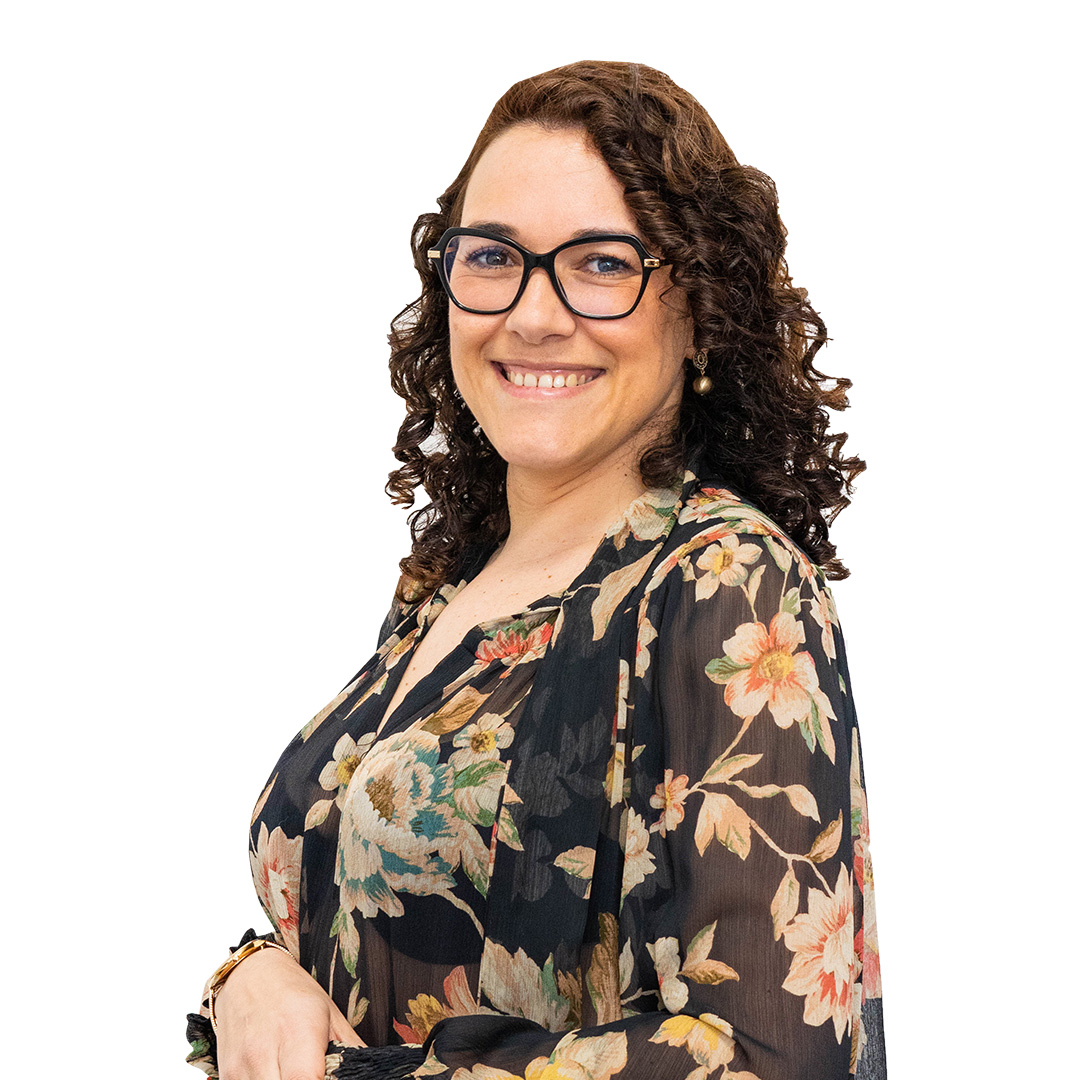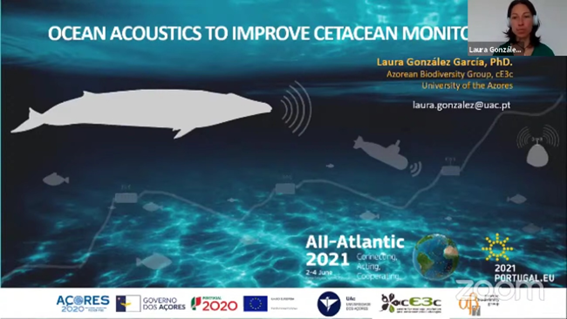
| Acronym: | K2D |
| Cost Center: | 1047 |
| Operation Code: | ACORES-01-0145-FEDER-000132 |
| Title: | K2D: Knowledge and Data from the Deep to Space |
| Start-End: | 01-01-2021 - 30-09-2023 |
| Entidade Beneficiária Principal: | Fundação Gaspar Frutuoso |
| Entidade Beneficiária Co-Promoção: | Air Center |
| Gestores da FGF: | Lúcia Cláudio |
| Responsible Researcher: | José Manuel Viegas Oliveira Neto Azevedo |
| Organic Units: | FCAA - Faculdade de Ciências Agrárias e do Ambiente |
| R&D Units: | GBA-cE3c - Grupo de Biodiversidade dos Açores |
| Entidade | Montante | Air Center |
|---|---|---|
| Total Eligible Cost | 142.155,03 € | 77.844,97 € |
| Direção Regional da Ciência e da Tecnologia (15.0 %) | 21.323,25 € | 11.676,75 € |
| PO Açores 2020 - FEDER (85.0 %) | 120.831,78 € | 66.168,22 € |
Main Objectives:
Its objective is to increase quality scientific production oriented towards intelligent specialization, and the main objective of this project is to design integrated systems capable of monitoring different variables in the ocean based on the submarine cable infrastructure in combination with autonomous vehicles. This will allow the design of a monitoring network of the ocean, the ecosystem and its inhabitants from the deep sea to the surface, which will provide information on areas still largely unknown due to their inaccessibility through traditional sampling.
The objectives that define the project are:
Installation of a network of sensors, through the use of submarine cables, with a special focus on acoustic monitoring.
Develop a new communications repeater for submarine cables that, in addition to the typical function of conditioning and amplifying communication signals, will monitor the water column and the interior of the earth.
Develop methodologies to translate the acoustic landscape into information that allows decision-making (e.g., biodiversity monitoring, anthropogenic activities, identification of organisms, health status, among others).
Develop indirect monitoring systems based simultaneously on acoustic and eDNA monitoring of ecosystems, identification of species and abundances.
Combining the use of AUVs with observatories on submarine cables. These AUVs will make it possible to complement the data collected by the fixed nodes, thus increasing the range of the observatories. This will also allow extending the data collection to the entire water column.
The University of the Azores will play a more active role in the discussion and design of ocean monitoring systems (with greater focus on acoustic monitoring); in the pilot experience in situ for the different case studies; and also in the dissemination of the project to the scientific community and the general public.
Project Description:
Today the oceans remain the most remote and unexplored frontier among all the elements on earth. Atmospheric-ocean interactions are at the heart of all Earth's vital signs and climate behaviors and are therefore essential for accurate monitoring and understanding of Earth systems, their changes and the results of human impacts. Given this scenario, it is urgent to develop innovative ways to face this great challenge. K2D proposes the development of a global scale monitoring system for the oceans, capable of handling all bathymetric levels. Underwater, the challenges are enormous and the environmental exposure characteristics are overly hostile to conventional sensing approaches similar to existing ones for monitoring the atmosphere and near space, which rely on satellites and other remote sensing systems.
K2D proposes to take advantage of the already existing widespread infrastructure of submarine communications and energy transport cables to produce a network of continuous and real-time detection of the vital signs of the land and, in particular, of the oceans. K2D proposes the development of a synergistic set of components, including electronic components and Autonomous Undersea Vehicles, that allow the cost-effective collection of extensive and complex ocean data, including physical, chemical, biological and environmental variables. Among others, acoustic information and environmental DNA will be combined with other data sources, along with models and implementation of Artificial Intelligence that allow describing and anticipating abnormal patterns and human activities, especially those most prone to risks and extreme events.
Results:
The results of this project will lay the foundations for a new stage in ocean monitoring. The use of the existing submarine cable infrastructure in combination with autonomous vehicles undoubtedly allows a more holistic approach, in which physical, chemical, and biological data complement each other to obtain a more real view of the state of the ocean. The design of this system of systems represents a great challenge, both as a whole and for each of the parts; and, therefore, the discussions and solutions derived from this project will be extremely useful for a future implementation of “smart cables” for monitoring the oceans.
To address such a vast and complex topic, it is essential to have a multidisciplinary team, establish collaborations between members and entities and ensure the transfer of knowledge between the different sectors involved in the project. The dissemination and transmission of the information obtained is carried out throughout the project, with participation in relevant events and meetings in the field of study and regular workshops with project members and external researchers with a relevant career for this, with the preparation of specific reports, and also with online dissemination through the project website: www.k2d.pt.
Team
| Nome | Category | Start | Termo |
|---|---|---|---|
| Ana Margarida Ribeiro Rolim | Técnico Superior | 01-05-2022 | 30-06-2023 |
| Laura González García | Técnico Superior | 01-12-2021 | 30-04-2023 |



